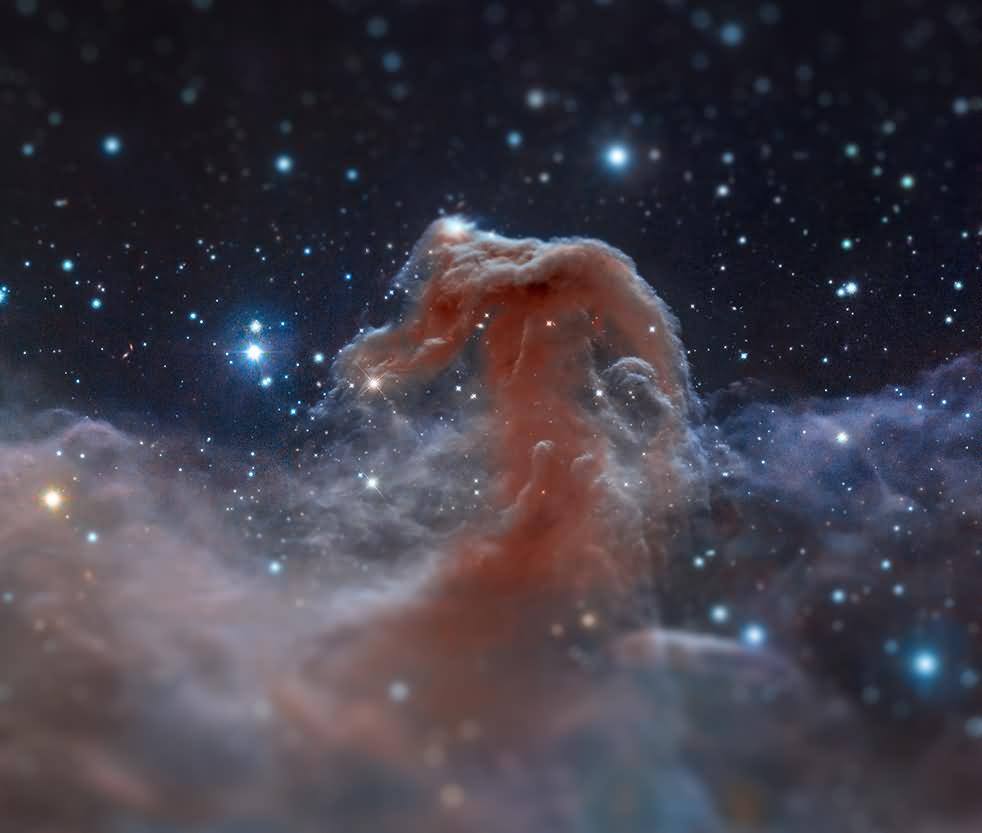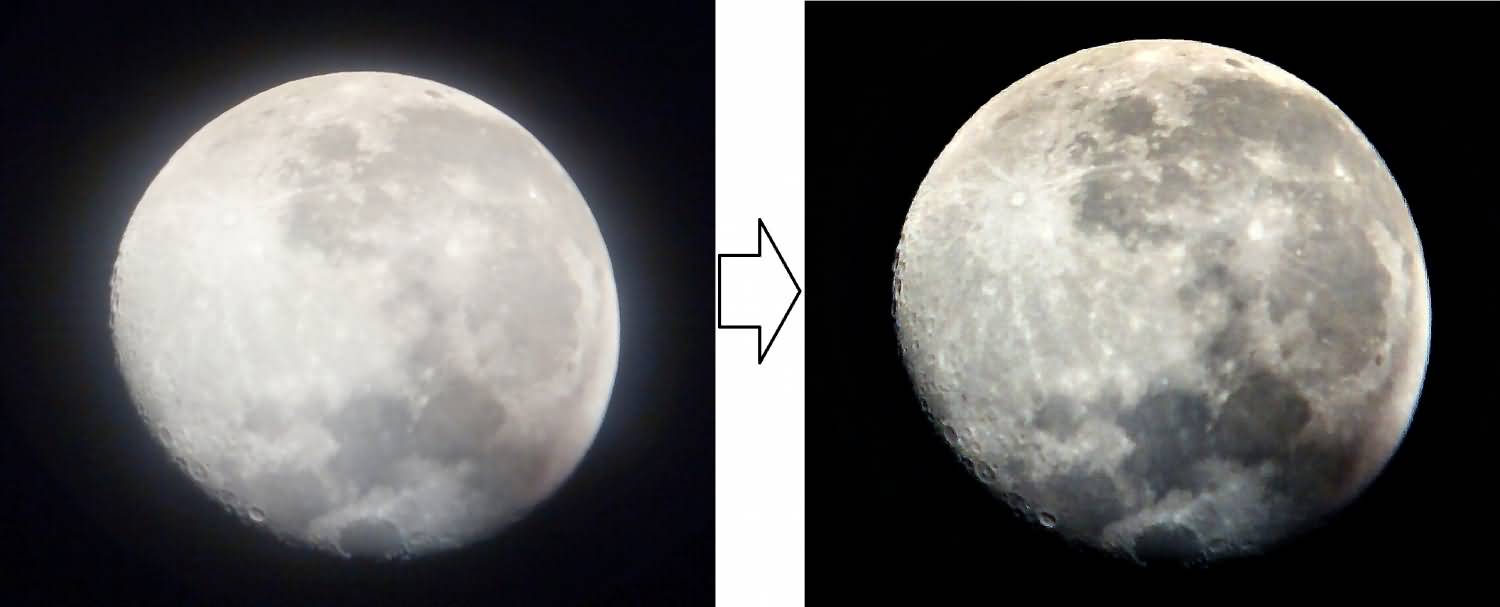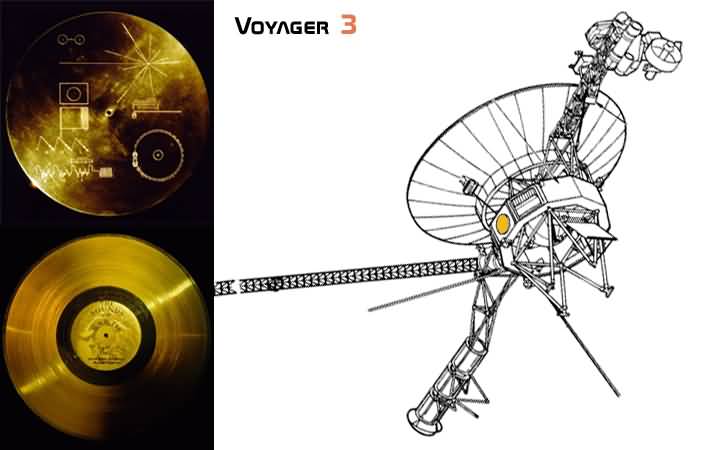New Evidence That Life Came From Mars
There's a strong hypothesis that life on Earth originated on Mars, a theory that has developed over the last century, and discoveries and findings are increasingly strengthening this hypothesis. It's likely to become a well-founded theory soon.
These latest discoveries come from research on the Martian meteorite conducted at the Westheimer Institute of Science and Technology in Florida. First, let me provide some information about the Martian meteorite.
A Martian meteor is a meteorite that formed on Mars but broke off when an asteroid impacted Mars and fell to Earth. As of March 3, 2014, an estimated 61,000 meteorites had been found on Earth, 132 of which were identified as Martian. Martian meteorites are believed to be from Mars because their elemental composition and isotope composition are consistent with the rock and atmosphere findings obtained by spacecraft on Mars. On October 17, 2013, NASA's Curiosity rover, which landed on Mars, conducted an analysis of the element argon in the atmosphere and rocks, confirming that Martian meteorites formed on Mars and originated there.
Professor Steven Benner has also published his work. His theory, in short, is as follows: Life began on Mars 4 billion years ago. An asteroid struck Mars, and Martian meteors, along with bacteria, were ejected into interplanetary space. Gradually, one by one, Martian meteors fell to Earth, sowing the seeds of life. Billions of years later, evolution led to our current state. If this is true, we can say that all living things are Martian or Martian.
The findings on Earth's surface are simple, but they reveal profound ramifications. Studies of Martian meteorites indicate the presence of oxidized molybdenum. According to Professor Benner's tar paradox, oxidized molybdenum is a crucial ingredient for the origin of life. According to Professor Benner, this form of molybdenum could not have been found on Earth at the time life arose. Oxygen was very scarce on Earth at that time, but not on Mars. Benner believes this alone is sufficient evidence to confirm that life began on Mars, not Earth.
According to Benner, the Earth-centered abiogenesis theory faces two problems: the tar paradox and the su-rna paradox.
The Tar paradox: All life is composed of organic molecules, and 4 billion years ago, when these organic molecules received light and energy, they would have transformed into asphalt, not primitive cells as in chemical evolution. Instead of transforming into asphalt, substances like oxidized molybdenum were required for the formation of primitive cells through chemical evolution, leading to the emergence of life. This existed on Mars 4 billion years ago. It does not exist on Earth. He explains the Su-RNA paradox as follows. The theory of abiogenesis predicts that primitive cells contained RNA, not DNA. However, at that time, the Earth's surface was completely covered in water. He argues that RNA could not have formed in water, but since Mars' surface was not completely covered in water, this paradox would not have occurred at that time.
If you notice, I wanted you to pay attention by writing according to Prof. Benner in everything. Because these paradoxes and the hypothesis of the beginning of life are entirely his.
We don't know what the developments will show, but we will be watching with great curiosity.










